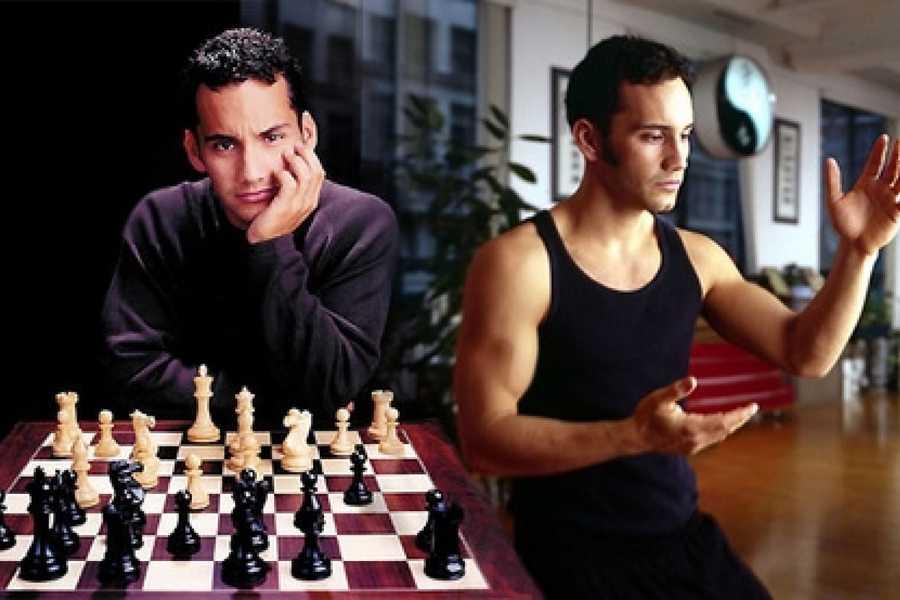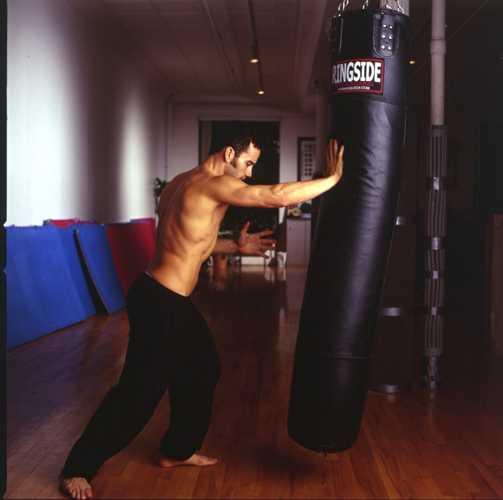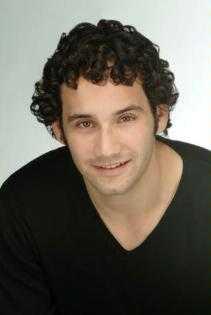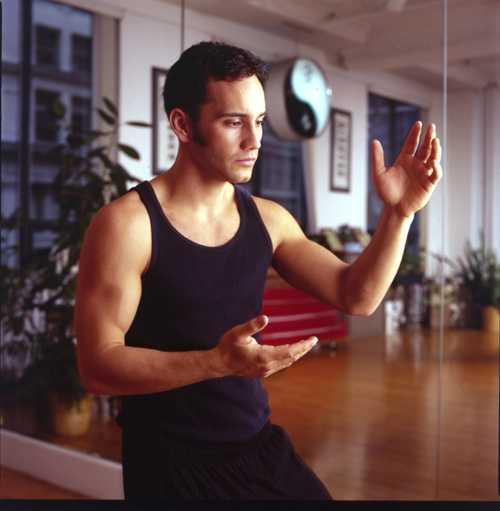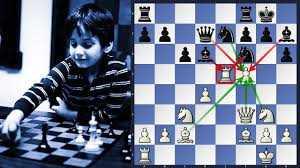The Art of Learning by Josh Waitzkin
Curated from: Education Bookcast
Ideas, facts & insights covering these topics:
11 ideas
·59.9K reads
614
5
Explore the World's Best Ideas
Join today and uncover 100+ curated journeys from 50+ topics. Unlock access to our mobile app with extensive features.
Learning from a modern-day polymath
Josh Waitskin is a modern-day polymath. He is an eight-time national chess champion, a two-time world champion in Tai Chi Chuan Push Hands, the first Brazillian Jiu-Jitsu black belt, and author of The Art of Learning.
Drawing from Josh’s experiences in chess and martial arts, this podcast discusses:
- learning by focusing on principles and deeply understanding the fundamentals
- how to increase concentration and overcome distraction.
1.18K
9.4K reads
Unobstructed self-expression
To be elite, you have to express who you are through your art. You will work best when your relationship to your pursuit remains in harmony with your disposition.
There will be times when you need to try new ideas and take in further information, but it’s essential to integrate this information in a way that does not violate who you are.
When you feel obstructed, you’re trying to fit into a mould that doesn’t suit you.
1.16K
6.34K reads
Embracing pain and failure
Most people want to avoid pain and discomfort, which makes them mediocre. However, you will have pain when you live at your stretch point. It can be physical or mental resistance.
When you aim for mastery, you must learn to embrace the pain and engage fully. Craving the pain and discomfort will help you to grow and excel. Setbacks will give you the resilience to succeed.
1.22K
5.37K reads
When you learn a technique, you’re learning one thing, when you’re learning a principle that embodies a technique, you might be learning a thousand things.
JOSH WAITZKIN
1.22K
7.64K reads
Thematic learning (lateral thinking)
Lateral thinking - the ability to take a lesson from one thing and apply it to something else is the most important discipline anyone can cultivate. The goal in learning is unobstructed self-expression.
The person teaching you is the person who knows you best, and that is you 20 years from now. So it’s helpful to visualise that person to understand your false constructs.
1.21K
5.11K reads
Depth always beats breadth
When you are learning new skills, most people go wide before going deep. However, it is better to prioritise depth before breadth. Delve into the details to understand what makes the macro work. Learning too wide is distracting, while focusing on depth helps you develop a feel for quality.
If you have a few skills to learn, it's more effective to plunge deeply into one skill. That deep state of learning is necessary for the brain to remap effectively.
1.23K
4.5K reads
“[Quality] It’s such a beautiful, incredible principle. Most people think they can wait around for the big moments to turn it on. But if you don’t cultivate turning it on as a way of life in the little moments – and there are hundreds of more times little moments than big – then there’s no chance in the big moments.”
JOSH WAITZKIN
1.12K
5.42K reads
The principles of quality
Quality is a process and an outcome. It's the process of learning to do or learn something exceptionally well. But it is the result that we enjoy.
One should first master the fundamentals, which involves hours and hours of mindful practice:
- break the art or knowledge down into their respective components,
- repeating each component until it's internalised,
- then linking the components,
- making adjustments,
- and finally increasing the speed.
1.22K
4.23K reads
Learning phases
There are four stages of learning
- Unconscious incompetence - “I don’t know how bad I am”
- Conscious incompetence - “I am very bad at this.” (Most people stop here because they don’t put in the effort to go deeply enough.)
- Conscious competence - “ I can do this if I focus.”
- Unconscious competence - “I don’t remember the last details of driving my car.”
1.27K
4.33K reads
Go towards stress, tension and weaknesses
Train to be at peace in chaos. Because we “don’t want to be meditating in a flower garden. We want to be able to meditate and have a meditative state throughout our lives – in a hurricane, in a thunderstorm, when sharks are attacking you – any moment.”
Steps to learn how to be a resilient performer.
- Be at peace with imperfection.
- In your performance training, learn to use that imperfection to your advantage.
- Learn to create little bumps to spur you along so that you are always inspired.
1.24K
3.89K reads
Life works in oscillation
Recovery periods are as important as pushing yourself. Those who create periods of inactivity between pushing themselves are the ones that perform the best.
- If you’re at work and running out of mental stamina, take a break and come back renewed.
- When you are learning, it is vital to understand that there are periods of learning and reflecting.
- Plateaus are the periods in our learning process where it feels like we’re not improving. However, you have to learn to be comfortable with pushing through these periods as there is a huge spike in improvement on the other side.
1.2K
3.64K reads
IDEAS CURATED BY
Maxwell D.'s ideas are part of this journey:
Learn more about personaldevelopment with this collection
Understanding the concept of the self
The importance of living in the present moment
The illusion of control
Related collections
Similar ideas
4 ideas
Tai chi: Benefits, types, and history
medicalnewstoday.com
5 ideas
1 idea
Five ways to improve flexibility
theguardian.com
Read & Learn
20x Faster
without
deepstash
with
deepstash
with
deepstash
Personalized microlearning
—
100+ Learning Journeys
—
Access to 200,000+ ideas
—
Access to the mobile app
—
Unlimited idea saving
—
—
Unlimited history
—
—
Unlimited listening to ideas
—
—
Downloading & offline access
—
—
Supercharge your mind with one idea per day
Enter your email and spend 1 minute every day to learn something new.
I agree to receive email updates

